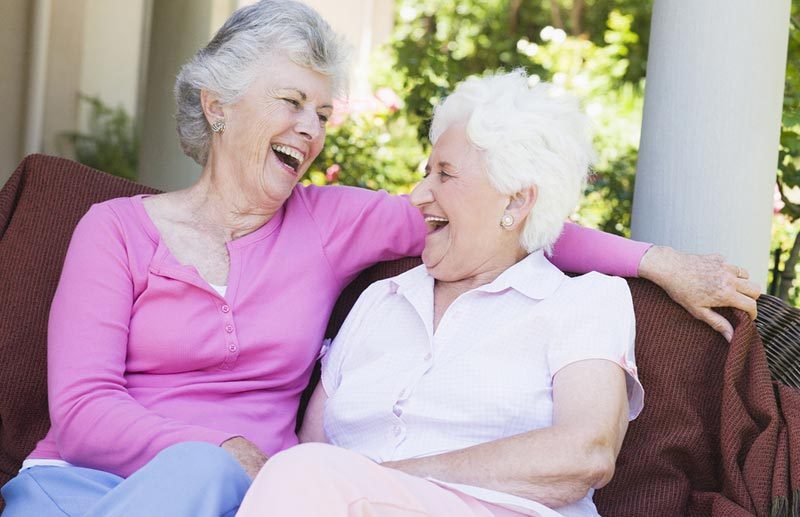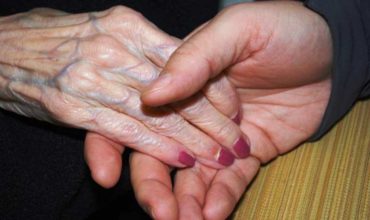Rosalynn Carter was once quoted as saying….“There are only four kinds of people in the world – those who have been caregivers, those who are currently caregivers, those who will be caregivers and those who will need caregivers.” Thus far in my “young” 44 years I’ve already filled three of those roles, I’m bracing myself for what’s around the corner! Caring for a loved one is filled with emotional upheaval, and when you compound that with other stresses—rush-hour traffic, deadlines, sick children, dirty laundry — we caregivers are often left holding the bag. We feel a pressure to be all things to all people, often ending up as the martyr and giving ourselves the short end of the stick. There are over 50 million caregivers in the United States – we are clearly not alone.
Caregiving is often an unrewarded act that requires unconditional devotion and support. Sometimes we become so involved in the day-to-day efforts of caring for a loved one; we forget we need “care” as well. Caregiving can be demanding, whether you’re taking care of a disabled child, a spouse with Parkinsons or a parent with Alzheimer’s, each of us responds to stressful situations in different ways. Unfortunately, some us start down a destructive path by not properly taking care of ourselves. Rather than openly expressing our feelings and seeking help, many of us overeat or use alcohol and drugs as coping mechanisms – while others become impatient and agitated or completely lose our sense of purpose and self.
We must all incorporate certain behaviors into our daily lives to foster our own wellness and essentially “care for the caregiver.” Taking care of yourself benefits you and your loved ones. Taking the time to meet your personal needs will satisfy you and give you additional strength and vigor in your ongoing role as a caregiver.
Here are some tips to help you take care of yourself as you care for your loved ones:
- Keep a sense of humor. Make a date with a friend or your spouse to see a favorite comedian or rent a funny movie. Look for humor in everyday situations. If you think that by taking time out to laugh you’re making light of a serious situation, don’t be so hard on yourself! Laughing is one of our most effective coping mechanisms, and can be one of your greatest allies against caregiver burnout.
- Take care of yourself…take a break. If you’re like most people you somehow find the time to take care of important people in your life, but in the process, you probably forget to take care of yourself. Taking care of yourself means eating right, getting adequate rest and keeping up with your own medical appointments. It also means tending to your emotional needs, taking breaks from caregiving and nurturing the other relationships in your life.
- Be grateful for the time you have together. Many successful caregivers have made it through difficult days by reminding themselves that life is precious and caring for a loved one is a gift. If you’re a caregiver for a loved one, consider that time of “giving” as something to be treasured for the rest of your life.
- Go with the flow. One of the most important qualities of an effective caregiver is flexibility. Being flexible means being able to roll with the punches and understanding that, as a caregiver, you won’t always be able to do the things you plan and want to do at the precise times you plan or want to do them.
- Maintain friendships. Unfortunately many of us put friendships on the back burner while focusing on the more immediate demands of those we are caring for at the moment. This is the time in your life when you must say YES when a friend asks if you need to talk or a shoulder to cry on…..there’s no doubt you will be there for them at some point in the future when they need support.
- Attend a support group. If you feel overwhelmed with the seemingly never ending responsibilities of caregiving, you can take some comfort in the fact that you’re not alone. There are many other people in the same situation who no doubt share your fears, frustrations and utter exhaustion. By attending a support group you can meet many others caregivers in similar situations and hopefully “learn from and lean on” one another.
Dr. Alexis Abramson






